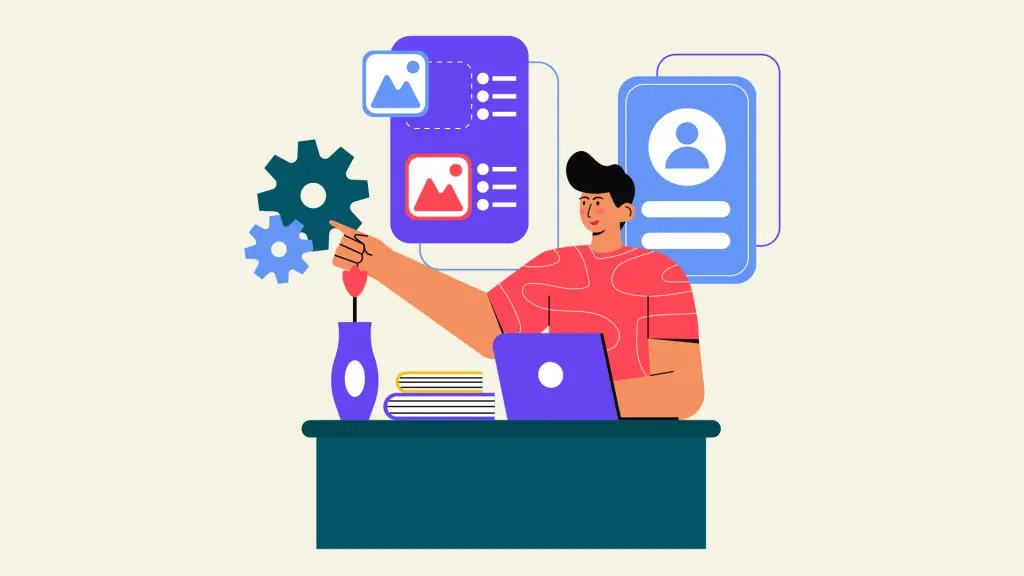A car accident, even a minor one, is often jarring. But after the shock subsides, it’s important to understand what steps to take to stay safe and legally protected. California’s road laws are strict, and knowing how to respond legally is key to protecting both your rights and your peace of mind.
Here’s a breakdown of the steps you should take immediately following a car accident in California, from handling the scene with integrity to knowing when it’s time to call a lawyer.
Safety First
Your immediate priority should be ensuring the safety of everyone involved. If anyone needs medical attention, call 911 right away.
California law also requires drivers involved in an accident to stop at the nearest location of the scene, so avoid moving your vehicle unless it’s a minor accident (or if leaving it in place would create a greater hazard).
Once everyone’s safe, it’s wise to switch on your hazard lights to alert other drivers and, if you have them, place emergency reflectors around the accident site.
Stay at the Scene (and Avoid Admitting Fault)
Leaving the scene of an accident is illegal in California. Regardless of the damage, you’ll want to stay until the authorities arrive or until you’re certain it’s safe to leave.
And remember: even if you’re tempted to apologize or make statements about fault, it’s best to hold back. Saying “sorry” or explaining what happened can inadvertently imply liability, which can be used against you in court or in insurance claims.
So instead, stick to basic facts when talking to others involved in the accident or to the police, such as exchanging insurance and contact details.
Gather Documentation and Evidence
Once you’re sure everyone’s safe, begin gathering evidence. Here are the essentials:
- Photos and Videos: Capture images and videos of the accident site, the vehicles involved, license plates, visible damages, road conditions, and any traffic signs or signals nearby.
- Witnesses: If any bystanders saw the accident, get their contact information and ask for their account of what happened.
- Police Report: California law requires police to be notified if there are injuries, deaths, or significant property damage (over $1,000), so request an official report when officers arrive.
These details will help if legal issues arise and give you a clearer narrative of the incident.
Report the Accident to Your Insurance Company
While it may seem counterintuitive to involve your insurance right away (especially if damages seem minor), it’s wise to notify your insurer after an accident. Report the accident within 10 days if damages exceed $1,000, if there are injuries, or if fatalities are involved. Filing quickly also means you’re eligible for any coverage you might need, from repairs to medical expenses.
Once you call, avoid giving extensive statements until you’re clear on the facts, as insurers may try to minimize payouts. If necessary, consulting with a lawyer before providing a full statement can help clarify your rights.
Consult a Lawyer if You Face Litigation or Disputes
In California, the chances of facing litigation over a car accident can be high, especially if there are injuries involved. If the other party decides to file a lawsuit or you’re facing high insurance demands, it may be time to consult a legal professional.
A skilled car accident lawyer can help with negotiating settlements, defending against liability claims, and interpreting California’s unique traffic and insurance laws in your favor. If you want the strongest possible representation, finding the best car accident lawyer for your case can make a significant difference in securing fair compensation and protecting your rights.
If you’re involved in a rideshare collision, like those with Uber or Lyft, navigating the legal complexities can be overwhelming. This is when consulting a specialized accident involving elderly drivers becomes crucial.
If you panicked and left the scene – say in Los Angeles, where this is an offense under California law – it’s critical to seek help from an experienced hit & run accident lawyer. They can advise you on the next steps to take and help mitigate potential legal repercussions while working toward a resolution.
Consider Filing a Claim if You Were Not at Fault
If you were not at fault and sustained injuries or damage, you have the right to seek compensation for medical costs, repair expenses, and even lost wages (in some cases, you can even sue for pain and suffering). California follows a “comparative fault” rule, meaning that even if you were partially responsible, you can still recover damages proportional to the other party’s liability.
When filing a claim, be prepared with evidence, estimates for repairs, medical records, and any proof of lost work time. Insurance companies may challenge your claim, so keeping organized records and consulting legal guidance can improve your chances of a successful outcome.
Final Thoughts
While it’s natural to feel overwhelmed after a car accident, knowing the steps to take in California can ease some of the burden. Whether you’re handling minor repairs or facing serious legal implications, an informed approach will help you protect your rights.
And since accidents, injuries, and lawsuits can add stress to an already traumatic situation, make sure you prioritize self-care and lean on support networks where possible. Be patient with the legal process; California’s court and insurance systems can move slowly, but consistency and thoroughness on your part will pay off.





